Reading comprehension History Worksheets for Ages 3-6
11 filtered results
-
From - To
Discover our engaging Reading Comprehension History Worksheets designed for children ages 3-6! These thoughtfully crafted worksheets introduce young learners to foundational historical concepts through fun, age-appropriate activities. Each worksheet encourages children to read simple texts and answer questions, promoting critical thinking and enhancing vocabulary. Our interactive resources help develop a love for reading while exploring essential historical themes in an accessible way. Ideal for homeschooling, classroom use, or supplementary learning, these worksheets align with early childhood educational standards. Start your children's journey into the past and watch their comprehension skills flourish while they learn about history in an enjoyable manner!
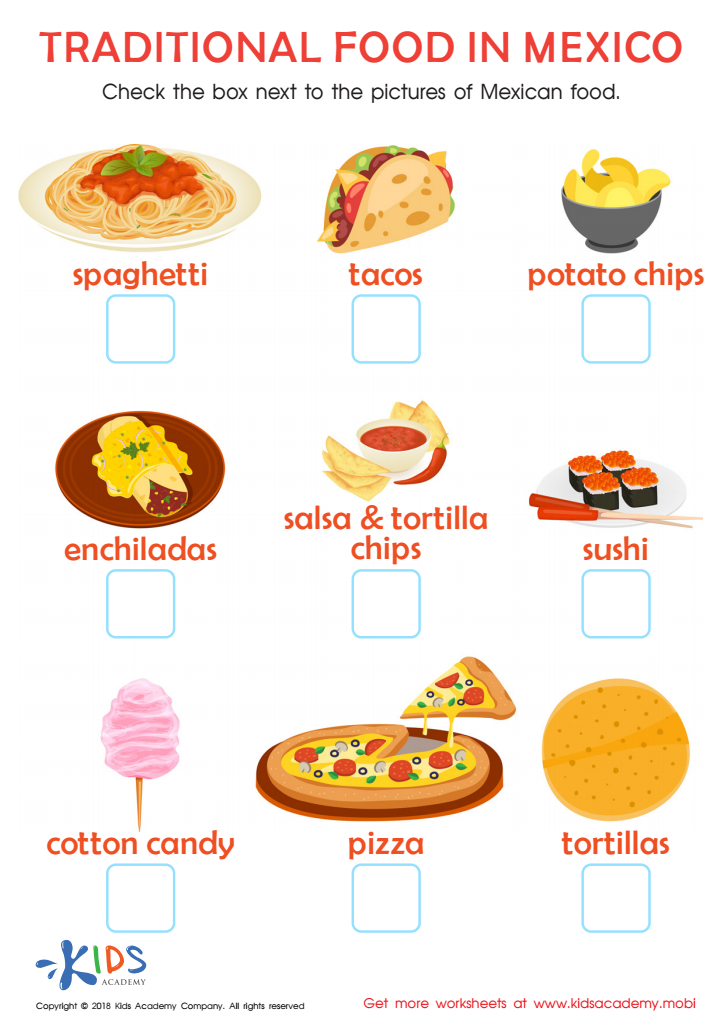

Traditional Food in Mexico Worksheet
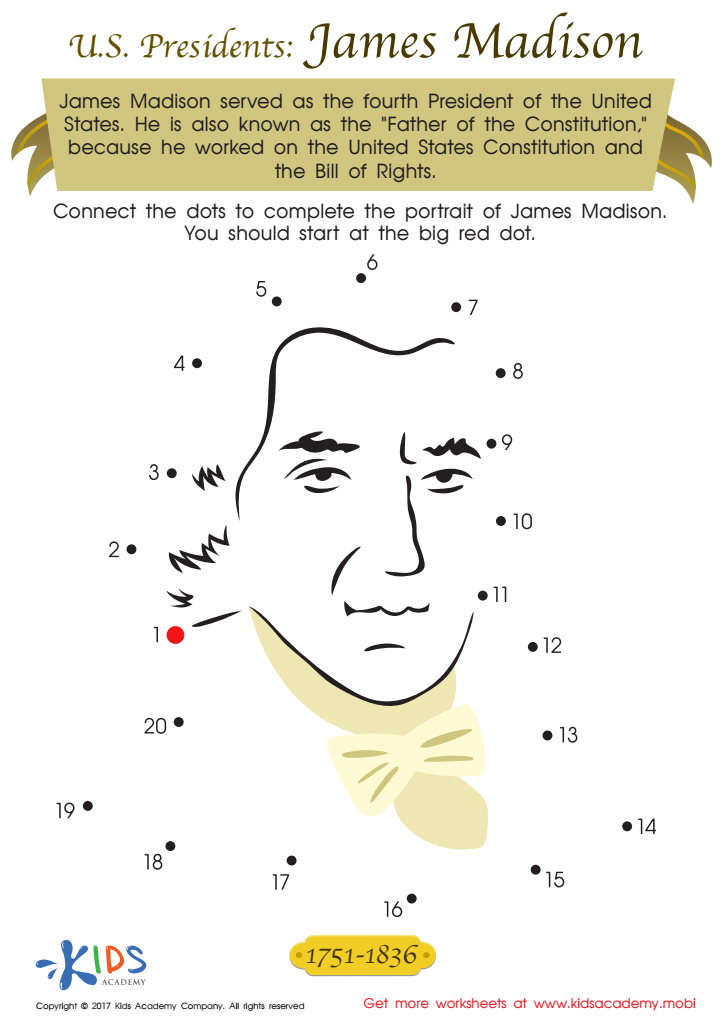

President Madison Printable
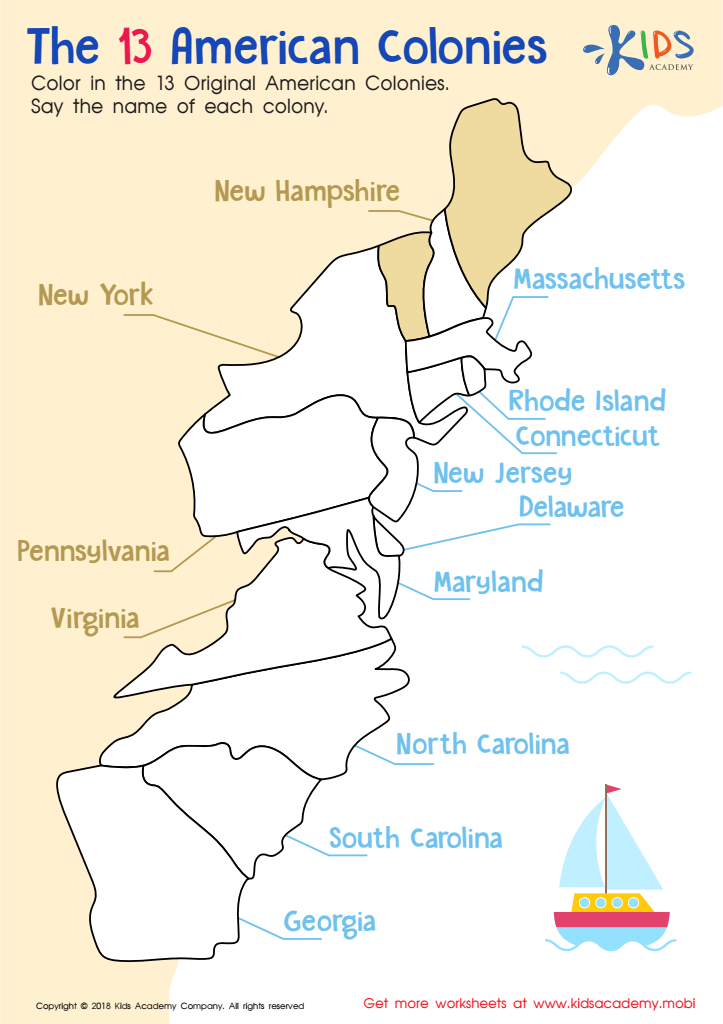

The 13 American Colonies Worksheet
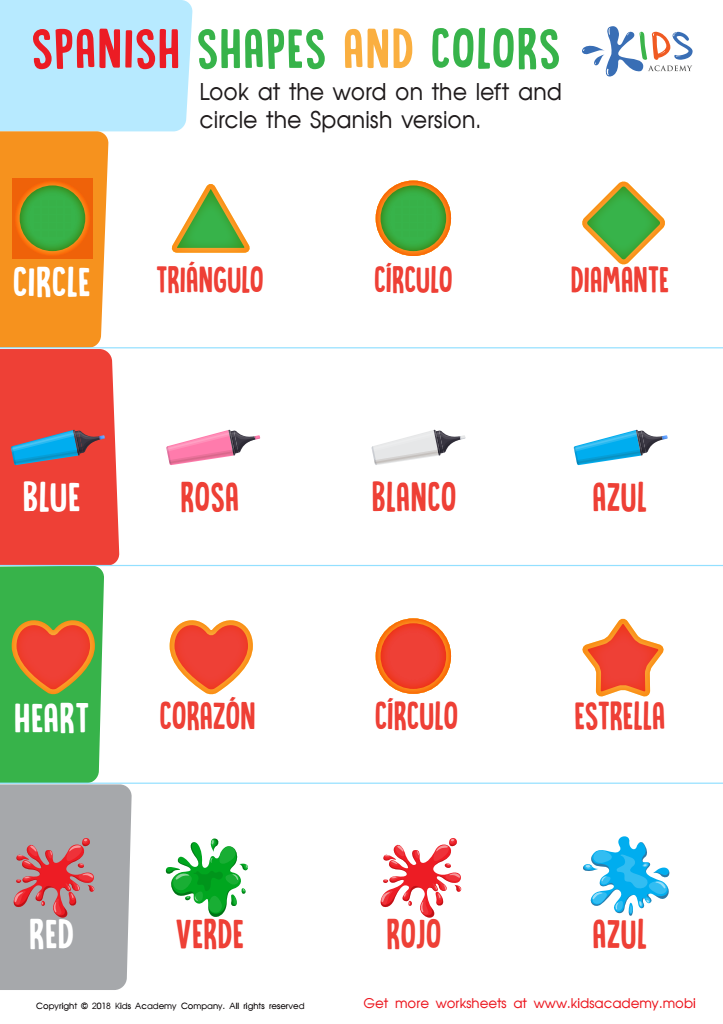

Spanish Shapes and Colors Worksheet
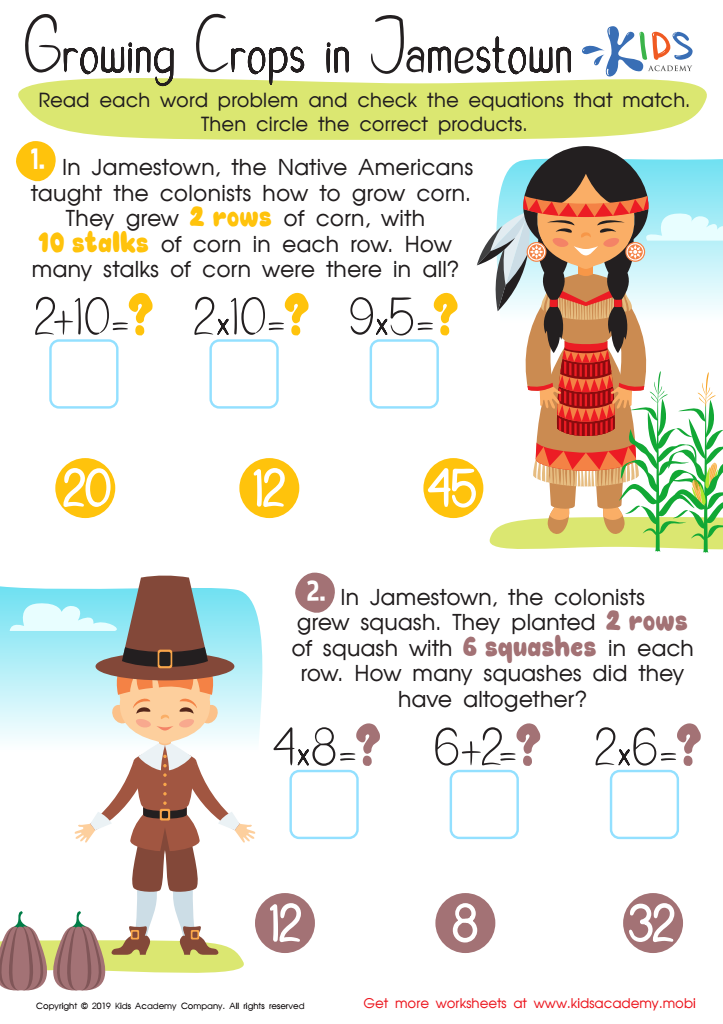

Growing Jamestown Worksheet
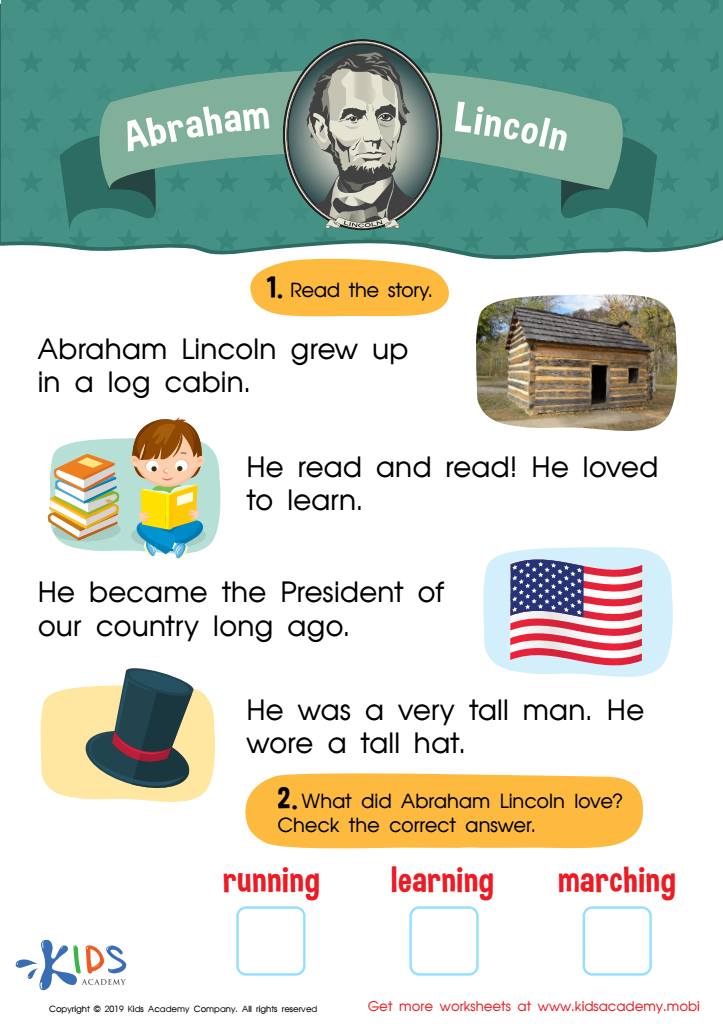

Abraham Lincoln Worksheet
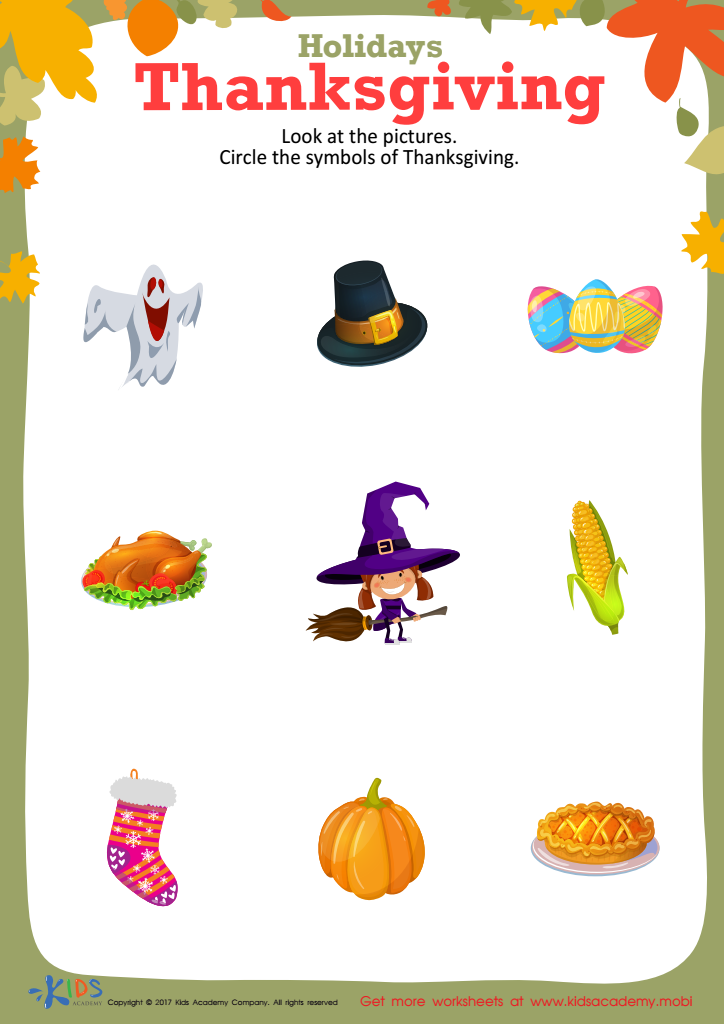

Thanksgiving Holiday Printable
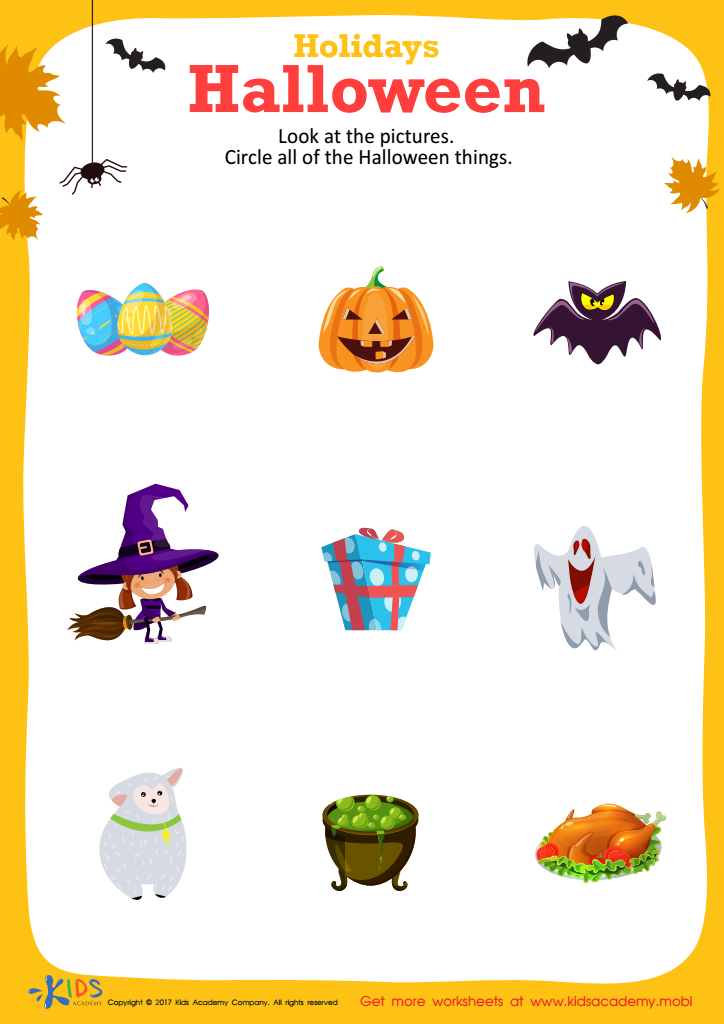

Halloween Holiday Worksheet
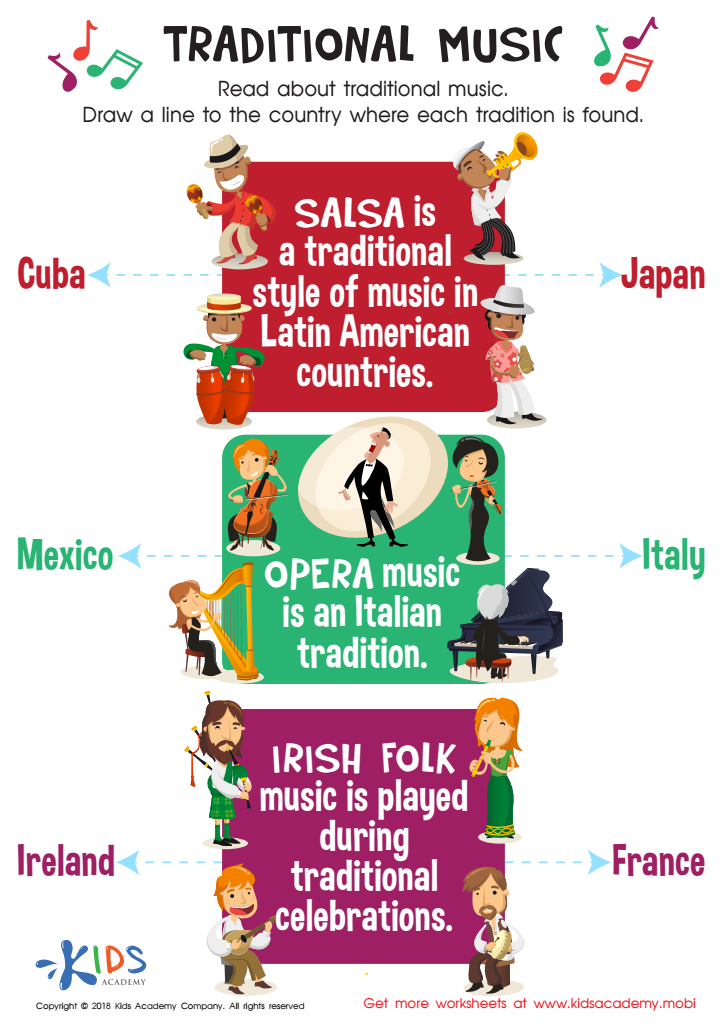

Traditional Music Worksheet
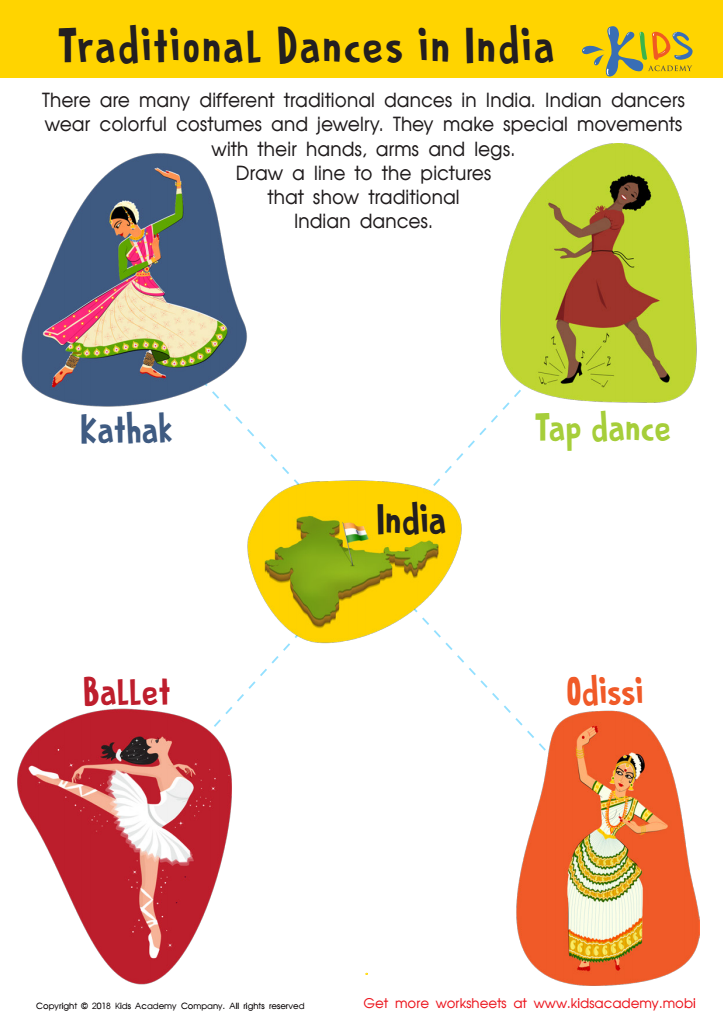

Traditional Dances in India Worksheet
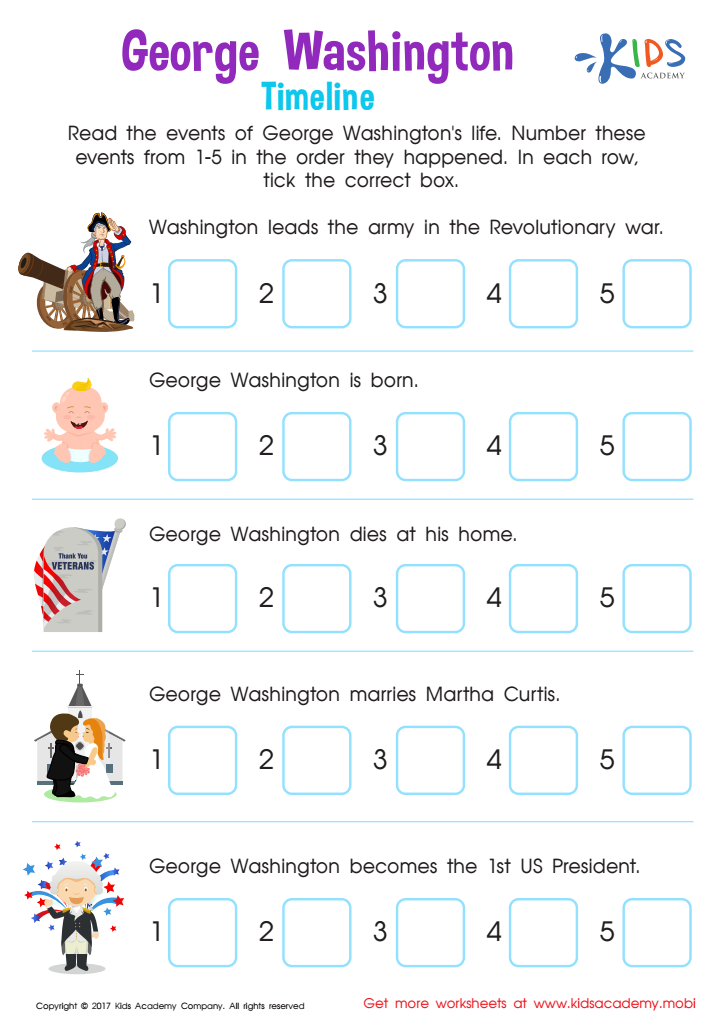

George Washington Timeline Worksheet
Reading comprehension at an early age is pivotal for children's cognitive and language development. For parents and teachers, understanding reading comprehension history for ages 3-6 is crucial because it informs effective teaching methods and encourages engagement strategies that align with developmental milestones. Early literacy experiences, such as interactive read-alouds and phonemic awareness activities, lay a solid foundation for children’s future learning.
Prioritizing reading comprehension enhances vocabulary acquisition, critical thinking, and social-emotional skills. Research shows that children who engage with books early are better prepared for academic challenges later on, aligning with their natural curiosity and desire to learn. Those who struggle with reading in early grades often face long-term academic setbacks that can affect their confidence and love for learning.
Additionally, knowing the history of reading comprehension strategies helps in identifying the most successful approaches tailored to young learners. Incorporating diverse texts and interactive discussions fosters a more inclusive and enriching environment that accommodates varying interests and learning styles. Ultimately, nurturing early reading comprehension not only supports literacy development but helps children become proficient, enthusiastic readers and lifelong learners. Parents and teachers play a crucial role in guiding this essential growth, making it vital to prioritize these strategies from a young age.
 Assign to My Students
Assign to My Students






















